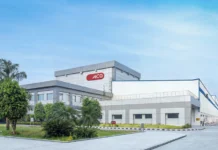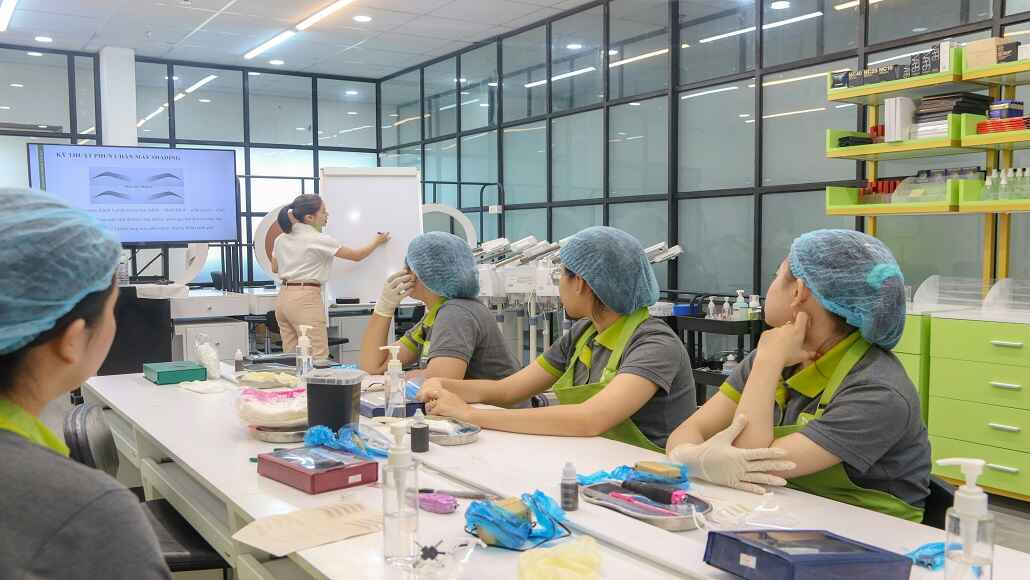A recent study found that 86.9% of biopharmaceutical companies outsource at least some of their work. This has helped to build the $14 billion biopharmaceutical contract manufacturing business.
The researchers forecast a highly promising and profitable future for biopharmaceutical contract development and manufacturing organizations (also known as CDMOs) during the next 10 years.
The bulk of these operations remained skilled, routine, non-core, or less technical in character, the survey found, even if the number of outsourced activities increased from 18 in 2020 to 26 in 2019. Fill and finish, regular testing, and analytical testing in addition to sterility testing are a few examples. The five most outsourced jobs in the analytical testing industry were other bioassays (86.9%), toxicity testing (79.4%), validation services (75.7%), product characterisation testing (72.9%), and cell line stability testing (67.3%).
The survey also shows that the market seems to believe that tasks related to process development are internal and shouldn’t be outsourced. The least outsourced occupations (46.7%) were design of experiments (DoE), downstream process development, and upstream process development. The study, however, argues that as companies try to reduce costs and shorten time to market, outsourcing bioprocessing would be essential.
The US remains the most popular outsourcing destination, with 39.6% of non-US respondents stating they would outsource production to US-based companies. In the next five years, however, 30% of respondents said they will export more than 50% of their clinical trials and operations to China, India, or other low-cost countries. Notably, intense rivalry between China and India is anticipated throughout the next ten years.
While less regulated, smaller-scale R&D, vetting, method development, and manufacturing of research reactants and pre-clinical supplies have traditionally been involved in outsourcing to CDMOs in developing countries, it is predicted that China will gain more traction as a production outsourcing destination in the years to come.
A number of significant trends in biopharmaceutical outsourcing are identified in the report, such as the rise in outsourcing to developing nations like China and India, the necessity for contract partners for small businesses to support their role as the main sources of innovation, the increasing use of single-use technologies due to their affordability and adaptability, and the shifting of industry leadership as more players enter the market.
When outsourcing the production of biopharmaceuticals, businesses primarily look for compliance with global good manufacturing practice (GMP) standards, protection of intellectual property, adherence to the company’s quality standards, pricing and cost of services, and a successful track record.
The market, in the opinion of the researchers, demands a significant increase of CDMO facilities and capacity for state-of-the-art technologies such as antibody-drug conjugates (ADCs) and gene and cell treatments. The manufacture of COVID-19 pandemic vaccines and treatments is now using up a large portion of the industry’s flexible capacity, according to researchers, but when demand levels down, capacity will return to normal, making room for other products to take precedence.




















